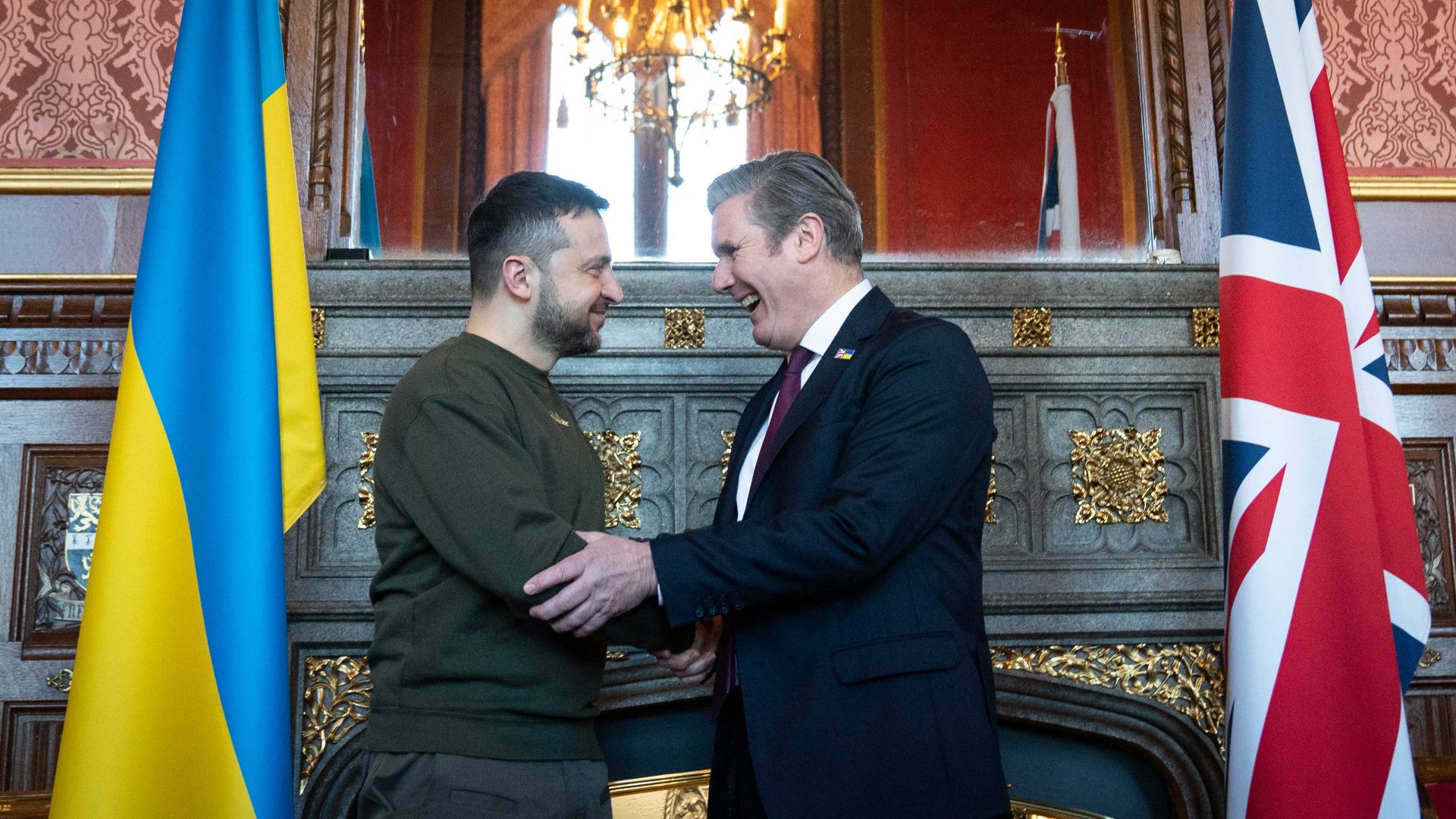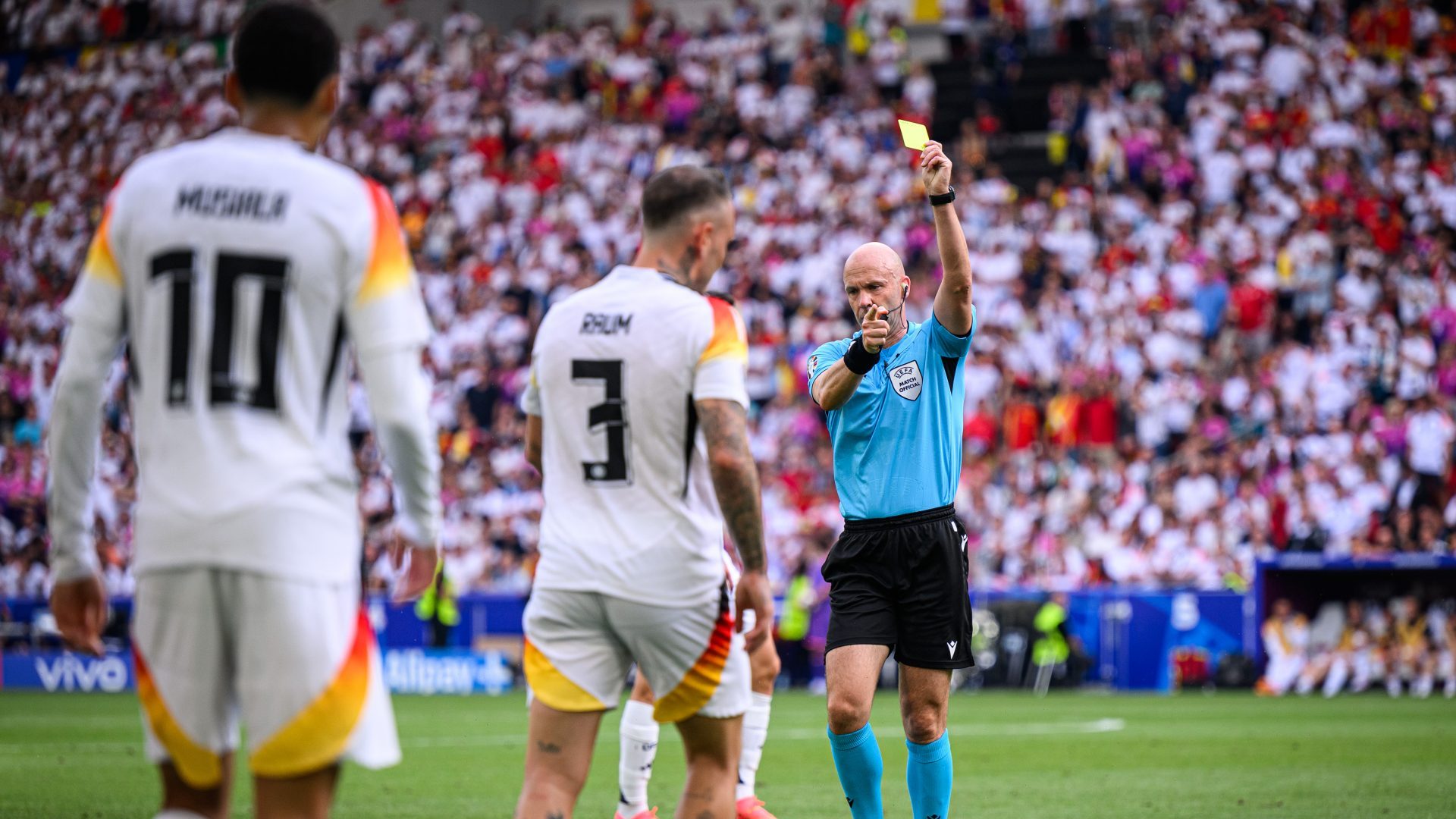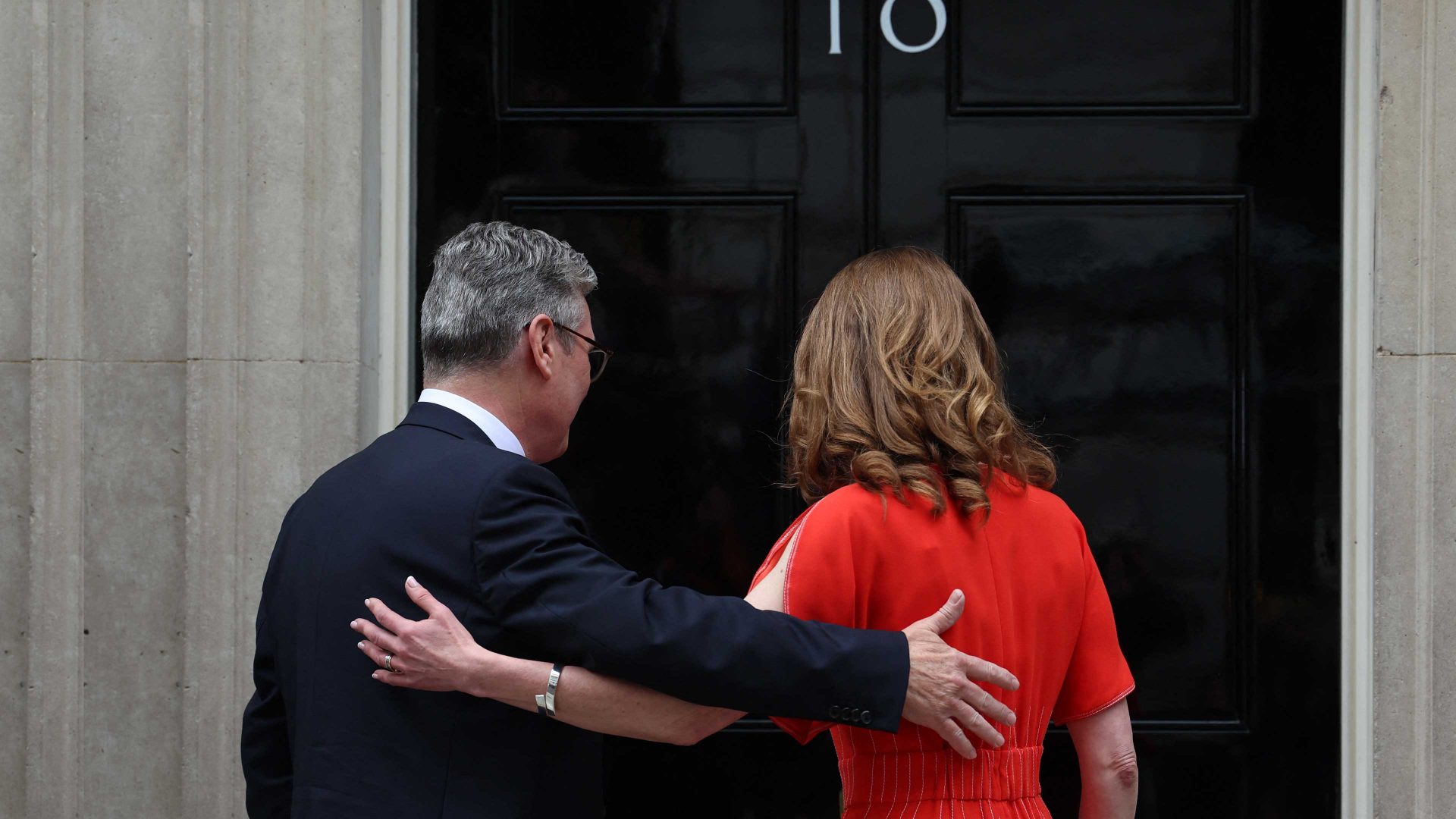The British election made headlines around the world. But not here – the Georgian media remained silent.
I am in a group chat on Facebook where friends discuss global news. When I asked why Keir Starmer’s win had attracted zero coverage here, the first response came from a friend who’s also a journalist: “But they are not even in the EU! Not that relevant for the Georgian audience.”
Sadly for New European readers, the first bit is definitely true. But what about Britain’s supposed lack of relevance here?
I spoke to Giorgi Badridze, a senior fellow at the Georgian Foundation for Strategic and International Studies and a former ambassador to the UK. There is, he said, one big reason to feel affinity for Britain and for its leadership right now.
“We have seen the UK actively supporting Ukraine in its defence against Russian aggression,” he said, “particularly in the initial phase when the west had not shown its readiness for meaningful action.”
The Georgian press saw no reason to focus on these geopolitical subtleties. But then it also failed to focus on the recent EU parliamentary elections, which is even more remarkable in that Georgia has been an EU candidate country since December 2023. Are we interested in the EU, or aren’t we?
And then on the day of the UK elections, the news broke here that our football team had received a bonus of 30m Georgian lari (£8.5m) from an oligarch called Bidzina Ivanishvili – a name all too familiar here. He’s the pro-Kremlin founder of Georgian Dream, the ruling political party.
Recently, despite massive protests and international criticism, the Georgian government adopted the so-called Russian Law, a series of highly oppressive new measures that, among other things, label independent media and organisations funded from overseas as “foreign agents”.
Koki Ionatamishvili, chair of the European Initiative-Georgia group, which supports our bid for EU ascension, noted that not only the media but also the Georgian political class itself has no interest in Britain. “The Georgian government is trying to increase the influence of China,” he said, “and the public reaction to this is zero. This is despite the fact that the government’s intention to simultaneously distance itself from the west and establish close relations with China is fraught with extreme danger.”
And yet Britain was one of the first to recognise Georgia’s independence in 1919 – and again in 1992. In 2023, then foreign secretary James Cleverly visited a village near Russian-occupied territory, expressing support for us. David Cameron, his successor, later made a statement supporting Georgia’s wish to come closer to Europe.
Mark Clayton, the UK ambassador, was also active in impressing on Georgian officials the dangers of Russian Law. Likewise, it should also be noted that in 2021-2023, investment from the UK reached £1.2bn.
As for the outgoing UK government, Badridze noted, “the single most significant accomplishment by which it will go down in history is Brexit, which I doubt has delivered the benefits that were promised.”
“Even so, the UK election,” he said, is “crucial for Georgia, Ukraine, and the west. Starmer’s political career, his shift towards the centre, his support for Israel, and his visit to Kyiv last month are promising. My hope is that the UK’s support for Georgia’s European integration and Nato membership continues to strengthen.” Maybe then we’ll pay attention.
Kravai Rustaveli is a Georgian writer and activist



